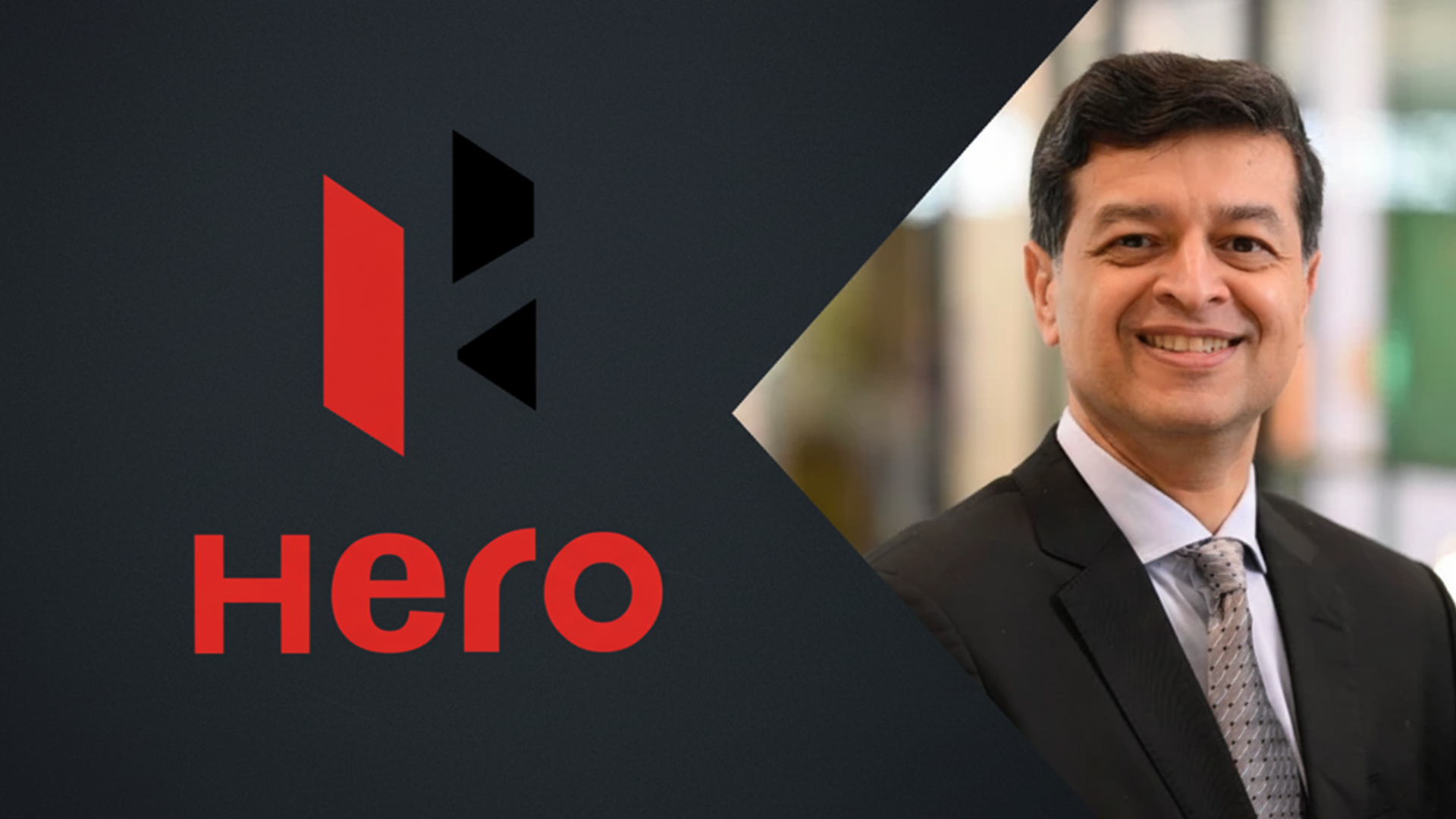OpenAI Plans Gigawatt-Scale Data Center in India as Part of $500 Billion Stargate Project
The move highlights OpenAI’s growing investment in India, which has become its second-largest market for its AI-powered chatbot, ChatGPT.
Amit Kumar9 September 2025
OpenAI is in advanced discussions with Indian data center providers and Reliance Industries to establish a massive AI infrastructure hub in India as part of its $500 billion global Stargate initiative. The proposed facility is expected to have at least 1 gigawatt (GW) of capacity, making it one of the largest data centers in the country.
The move highlights OpenAI’s growing investment in India, which has become its second-largest market for its AI-powered chatbot, ChatGPT. OpenAI’s efforts to expand in India are part of its broader strategy to build a robust global AI infrastructure capable of supporting increasingly complex and resource-intensive AI models.
The company is reportedly engaging with several leading Indian data center firms, including Sify Technologies, Yotta Data Services, E2E Networks, and CtrlS Datacenters. Talks with Reliance Industries are also ongoing, focusing on critical aspects such as data center capacity, power supply, and infrastructure partnerships.
Stargate is expected to play a pivotal role in OpenAI’s long-term expansion plans. The initiative has attracted interest from major global investors, with SoftBank in discussions to invest up to $25 billion into OpenAI, and Oracle already committing to build data centers that will supply 4.5 GW of compute power for the project.
In addition to infrastructure development, OpenAI plans to open its first office in New Delhi later this year and is aiming to recruit local talent to support its operations. OpenAI CEO Sam Altman is anticipated to visit India this month, where further details about the project could be announced.
If realized, the 1 GW data center in India could be a transformative step for the country’s AI ecosystem, which is expected to expand from $1.2 billion in 2025 to $3.1 billion by 2030. OpenAI’s investment could position India as a critical hub for artificial intelligence development, offering new opportunities for collaboration and technological innovation.
While discussions are ongoing, OpenAI has not yet announced a final timeline or location for the facility. The project represents a significant commitment to supporting India’s digital infrastructure and reflects the growing importance of AI in the global technology landscape.













